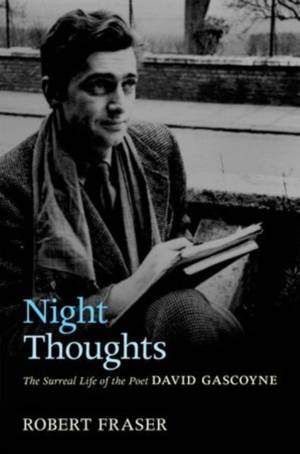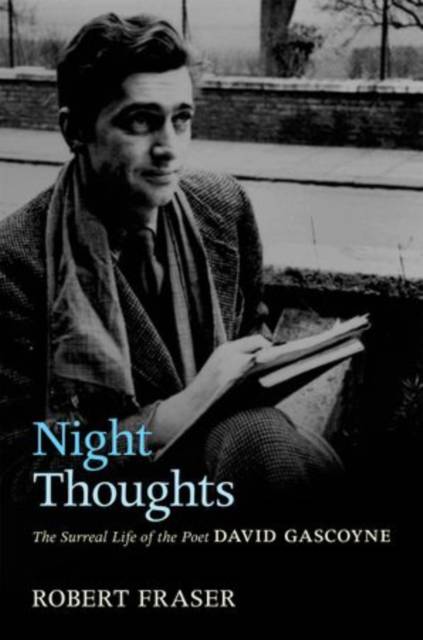
- Afhalen na 1 uur in een winkel met voorraad
- Gratis thuislevering in België vanaf € 30
- Ruim aanbod met 7 miljoen producten
- Afhalen na 1 uur in een winkel met voorraad
- Gratis thuislevering in België vanaf € 30
- Ruim aanbod met 7 miljoen producten
Zoeken
€ 85,45
+ 170 punten
Omschrijving
The poet David Gascoyne (1916-2001) led a life as surreal as his early poems. At eighteen he drafted the manifesto of the English Surrealist Group and at nineteen he published what remains an authoritative account of the international movement. He translated for Salvador Dali and crossed swords with Andre Breton; the 1936 International Surrealist Exhibition in London was largely his brainchild. During the war he toured as an actor, embraced religious existentialism and became, in the words of John Lehmann, "the most important philosophic poet of our time." After the war he wrote for radio, painted, cooked, and went mad. The journals he kept during his periods of mental instability are masterpieces of the bizarre. Gascoyne found unexpected happiness in late middle age, emerging as an elder statesman of British poetry. Robert Fraser contends that, through all the twists and turns of his variegated existence, Gascoyne strove for candour and truth of self-expression. With equivalent
candour this pioneering biography describes his creative work and multifarious translations, his inconvenient addictions, his tormented private life, and his many friendships in England and in France.
candour this pioneering biography describes his creative work and multifarious translations, his inconvenient addictions, his tormented private life, and his many friendships in England and in France.
Specificaties
Betrokkenen
- Auteur(s):
- Uitgeverij:
Inhoud
- Aantal bladzijden:
- 480
- Taal:
- Engels
Eigenschappen
- Productcode (EAN):
- 9780199558148
- Verschijningsdatum:
- 20/02/2012
- Uitvoering:
- Hardcover
- Formaat:
- Genaaid
- Afmetingen:
- 236 mm x 165 mm
- Gewicht:
- 904 g

Alleen bij Standaard Boekhandel
+ 170 punten op je klantenkaart van Standaard Boekhandel
Beoordelingen
We publiceren alleen reviews die voldoen aan de voorwaarden voor reviews. Bekijk onze voorwaarden voor reviews.











